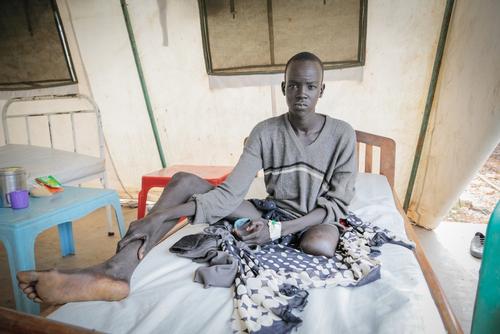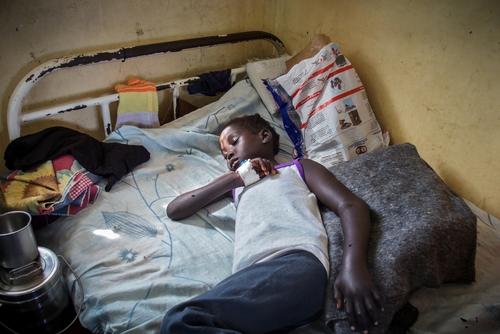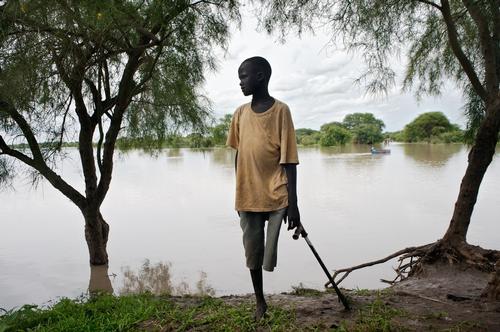Snakebite is a hidden health crisis and has always been low on the public health agenda at national and international levels. Though the exact number of global snake bites is unknown, estimates put the number of envenomings at 2.7 million people per year. More than 100,000 people die and around three times as many amputations and other permanent disabilities are caused by snakebites each year. More than 20,000 people die from snakebites each year in sub-Saharan Africa alone.
Despite this terrible toll on human life, the scale-up of existing tools is very challenging and quality antivenom is not readily available where it is most needed. In 2010, a study estimated that approximately two per cent of snakebite victims in sub-Saharan Africa had access to a quality antivenom product. Many people who cannot afford quality products where they are available turn to local healers or substandard products that may not neutralise the venom, and may have damaging side-effects.
Last year, the World Health Organization (WHO) finally added snakebite to its list of Neglected Tropical Diseases, in a move to stimulate more attention around snakebite. This was a welcome move, as until last year, snakebite was considered a “neglected condition for which the WHO has no formal programme”. Now more progress is being made. At the annual World Health Assembly in Geneva this week (21-26 May), health ministers from around the world are slated to vote on a resolution to tackle the global snakebite burden.
Adoption of this resolution is expected to provide a strong mandate for WHO to implement an ambitious roadmap mobilising countries and donors to respond to snakebite with the urgency and attention this neglected public health crisis demands. While MSF will welcome the adoption of the resolution, we know that concrete funding commitments by governments will be needed to make a difference in the death and disability caused to humans by snakes worldwide.
In 2017, MSF admitted 3,000 patients for snakebite predominantly in sub-Saharan Africa and in the Middle East, and around half of the patients required and received free treatment with antivenom. People often travelled large distances to access treatment with MSF.





